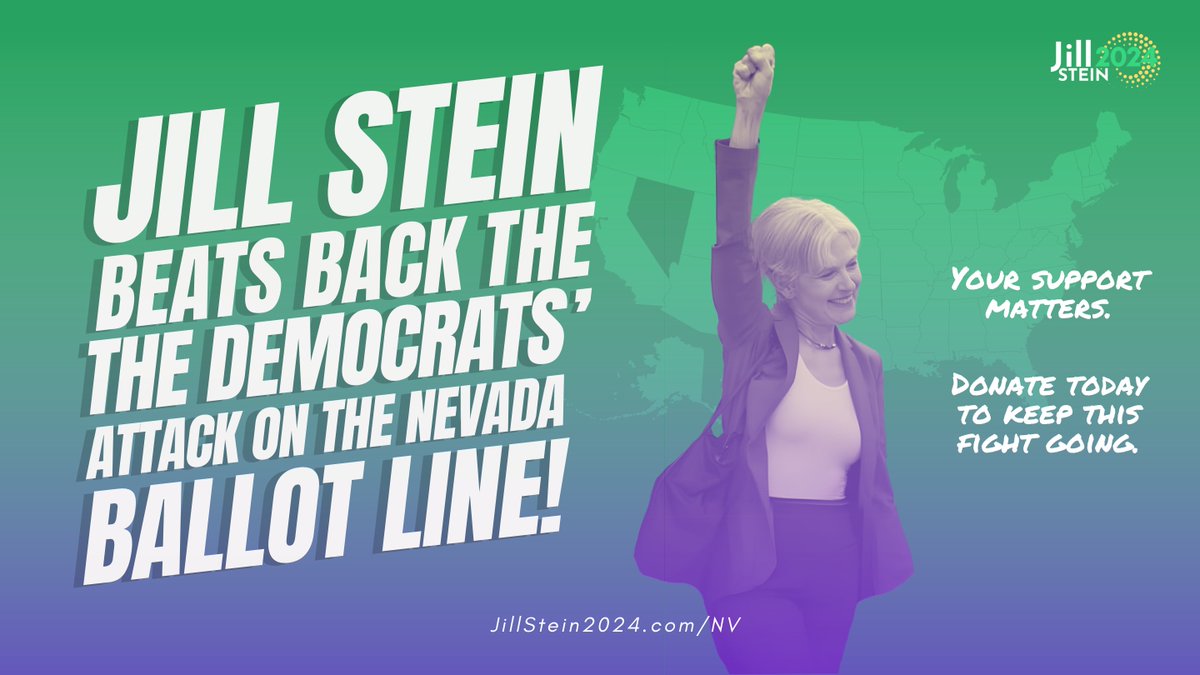Team Jill Stein
@TeamJillStein
·
522d
The statement and associated content constitute public discourse as they engage with issues related to electoral processes, legal challenges, and political party dynamics. The tone is assertive and somewhat confrontational, aiming to mobilize support and resources for a political campaign while criticizing the opposing party's actions.
- The statement does not directly cause harm but uses strong language ('attack on democracy') that could be seen as inflammatory. This could potentially escalate tensions rather than promote constructive dialogue. [-1]Principle 1:I will strive to do no harm with my words and actions.
- The statement respects the privacy of individuals but criticizes a political party, which is a public entity. The language used ('frivolous litigation') could be seen as dismissive and not fully respectful. [-1]Principle 2:I will respect the privacy and dignity of others and will not engage in cyberbullying, harassment, or hate speech.
- The statement aims to promote understanding and empathy among supporters of the campaign by framing the issue as a fight for democracy. However, it does so by positioning the opposing party as antagonistic, which may not foster empathy towards them.Principle 3:I will use my words and actions to promote understanding, empathy, and compassion.
- The statement does not engage in personal attacks but criticizes the actions of a political party. It does not invite dialogue or constructive criticism but rather seeks to rally support against the opposing party's actions. [-1]Principle 4:I will engage in constructive criticism and dialogue with those in disagreement and will not engage in personal attacks or ad hominem arguments.
- The statement uses its platform to mobilize support and resources for a political cause, which can be seen as an effort to influence society. However, the confrontational tone may not contribute positively to public discourse. [+1]Principle 6:I will use my influence for the betterment of society.
